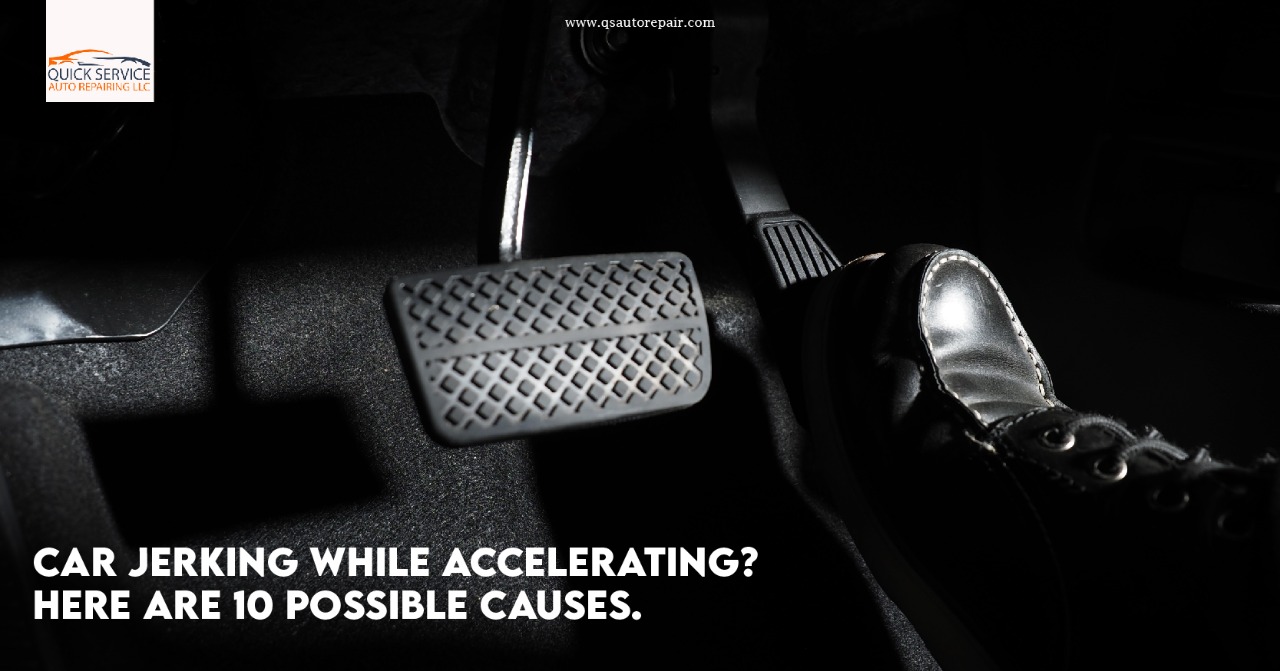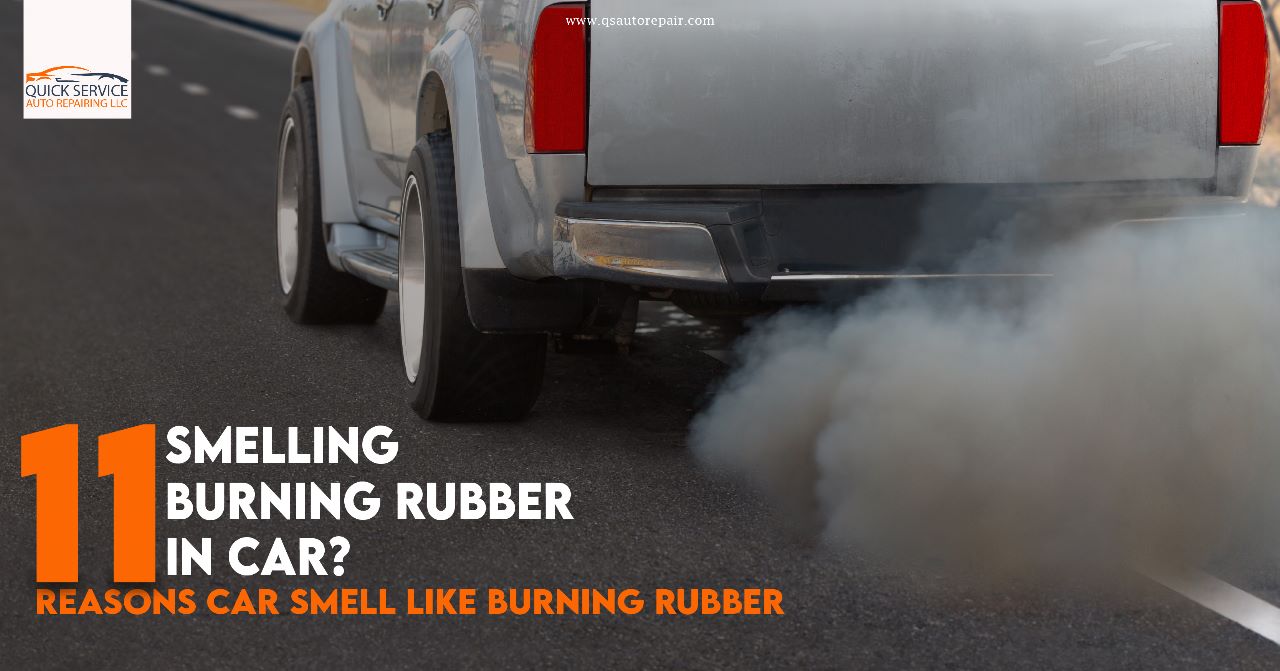We Are Open 7 Days a Week
Fri to Thu 08:00 AM - 10:00 PM
10 Common Transmission Problems: What You Need to Know

If your car doesn’t move, it may have a transmission problem. If you have a manual transmission, it’s normal to hear a grinding noise when you shift from the park into reverse. Typically, this is caused by the car’s automatic transmission shift cable. The cable may need replacing, or the shift selector mechanism might be loose. Typically, you can get this fixed for less than AED 400.
If your car doesn’t move, it may have a transmission issue. If you have a manual transmission, it’s normal to hear a grinding noise when you shift from the park into reverse. Typically, this is caused by the car’s automatic transmission shift cable. The cable may need replacing, or the shift selector mechanism might be loose.
If your car’s transmission is giving you trouble, it may be due to a few common problems. By being aware of the most frequent issues, you can take steps to prevent transmission problems or at least be prepared for expensive repairs.
Burning Smell:
If you notice a burning smell coming from your car, it could be a sign that your transmission is overworking. Low fluid levels or leaks often cause this. To prevent this issue, check your transmission fluid regularly and top it off if necessary.
Transmission Repairs:
It will likely be a costly fix if you do need transmission repairs. To avoid this expense, keep up with regular maintenance and have any potential issues checked out as soon as possible.
What is a transmission?
A transmission is a gearbox that directs power from the engine to the wheels. Transmissions are typically located at the back of the engine, and they use fluid to move gears. There are many different types of transmissions, but most cars have either automatic or manual transmissions.
The most common type of transmission in cars is an automatic transmission. They use a variety of sensors to detect how much power the engine is producing, and then they automatically shift gears based on that information. Automatic transmissions typically have between four and eight gears and can be very complex pieces of machinery.
Manual transmissions are less standard than automatics, but they’re often preferred by drivers who want more control over their car’s performance. In a manual transmission, the driver uses a clutch to select which gear the car should be in.
Here in this article, we will discuss 10 common transmission problems and what you can do about them.
Problem #1: Transmission leak
If your car’s transmission leaks, it’s a cause for concern. A transmission leak can be the result of several different issues, and it can lead to serious problems if not addressed promptly.
One of the most common causes of transmission fluid leaks is a faulty seal or gasket. Over time, these seals and gaskets can wear out or become damaged, allowing fluid to leak out. Another common cause of leaks is a problem with the transmission cooler lines. These lines can develop cracks or holes, allowing fluid to leak out.
If you suspect that your car’s transmission is leaking, it’s essential to have it checked out by a qualified mechanic as soon as possible. Transmission leaks can cause significant damage to your car’s engine, so it’s best to nip the problem in the bud before it gets out of hand.
Problem #2: Electronic issues
If your vehicle makes grinding noises when you shift gears, it may be due to a problem with the electronic shifting system. This can be a serious issue that needs to be addressed by a qualified mechanic.
Several potential causes of this problem include a faulty shift solenoid or an issue with the electronic control module. If you’re experiencing this issue, it’s important to have it diagnosed and repaired as soon as possible.
Problem #3: Torque converter issues
A torque converter is a device that helps transmission in a car by providing torque multiplication. It is generally used in automatic transmissions but can also be found in semi-automatic and manual ones. Torque converters have several moving parts, which can wear out over time or break down due to poor maintenance. When this happens, it can cause transmission failure.
Several symptoms of a bad torque converter include the car hesitating when accelerating from a stop and the engine revving up. Still, the car is not moving or jerking when shifting gears. If you notice any of these symptoms, it’s important to take your car to a mechanic so they can diagnose and fix the problem.
Ignoring a bad torque converter can lead to even more serious transmission issues, so it’s best to nip it in the bud as soon as possible.
Problem #4: Solenoid problems
A transmission solenoid is an electromagnetic coil responsible for opening and closing the valves in the transmission. When they fail, it can cause many problems.
A check engine light is one of the most common symptoms of a failing transmission solenoid. This is because the solenoid controls the flow of transmission fluid, and when it’s not working properly, it can cause the engine to overheat.
Another symptom of a failing transmission solenoid is slipping gears. This happens when it cannot properly engage the clutch, which causes the gears to slip. This can be dangerous because it can lead to losing control of the vehicle.
Problem #5: Slipping transmission
Slipping transmissions are among the most common transmission issues. Many things can cause it, but the most common cause is low transmission fluid.
If you notice your car’s transmission slipping, it’s important to take it to a mechanic immediately. A slipping transmission can cause serious damage to your car’s engine and transmission system.
If you notice your car’s transmission slipping, the best thing to do is immediately bring it to a mechanic. Many things can cause transmission issues, but the most common cause is low transmission fluid.
Problem #6: Worn clutch
If your car’s transmission is slipping after a short drive, it could be due to worn clutches. This is a common problem with transmissions and can be expensive to repair. If you’re having this problem, it’s best to take your car to a mechanic and have the clutch replaced.
Problem #7: Clutch slipping
Clutch slipping is a common transmission failure that various factors can cause. The most common cause of clutch slipping is a leak in the transmission fluid system. This can be caused by various factors, including a bad seal or gasket, a cracked hose, or even a loose bolt.
Another common cause of clutch slipping is wearing on the planetary gears. These gears are responsible for the final drive ratio in the transmission, and they can wear out over time. This can be caused by excessive heat from racing, towing, or age and use.
If your clutch is slipping, it’s important to have it checked out by a qualified mechanic as soon as possible. Clutch problems can quickly lead to more serious transmission issues if not addressed promptly.
Problem #8: Gear slippage
If your car suddenly slips out of gear, it could be a problem with the clutch pedal or the car’s transmission. If the problem is with the clutch pedal, you may need to have it adjusted or replaced. If the problem is with the transmission, you will need to have it repaired or replaced by a qualified mechanic.
Problem #9: Shifting problems
If your car’s transmission is shifting gears erratically or not at all, it could be a sign of a serious problem. Transmission shifting problems are the most common type of transmission issue. They can be caused by various factors, including low fluid levels, leaks, or worn parts. If you suspect your transmission has a problem, have it inspected by a qualified mechanic as soon as possible.
Problem #10: Dirty transmission fluid
Transmission fluid keeps your car’s transmission cool and lubricated. Over time, it can become dirty and cause problems. Dirty transmission fluid can cause your car to run hot. It could blow a gasket or cause other problems if it gets too hot. It can also cause your transmission to malfunction. If you see dark or black fluid, it needs to be checked out by a mechanic.
Frequently Asked Questions
How much does it cost to repair transmission issues?
Fixing transmission issues can be very expensive. The cost will depend on the problem’s severity and the vehicle’s make and model, but the idea is that it can cost you around AED 400.
How do I know if my car has a manual or automatic transmission?
If you’re unsure whether your car has a manual or automatic transmission, there are a few ways to find out. First, check your car’s owner’s manual. If it’s not listed there, you can look for a small lever on the side of the steering column. This lever is usually labeled with “P” for Park, “R” for Reverse, and “D” for Drive. If your car has this lever, it likely has an automatic transmission.
Another way to tell if your car has an automatic transmission is to look at the gear shift knob. On a car with an automatic transmission, the gear shift knob will have markings for “Park,” “Drive,” and “Neutral.” If your car has a manual transmission, the gear shift knob usually has numbers instead of these words.
When should I sell my car if it has transmission problems?
What are Early signs of transmission problems?
A transmission is a vital part of a car, and transmission concerns can be some of the most expensive to fix. But what are the early signs of transmission problems?
One common early sign of transmission trouble is when your car slips out of gear. This can happen when you’re trying to shift into drive or reverse or driving at high speeds and trying to downshift.
If your car is slipping out of gear, it’s important to get it checked by a mechanic as soon as possible. Transmission fluid leaks are another common early sign of transmission problems. If you notice a puddle of red fluid beneath your car, your transmission is likely leaking.
Other early signs of transmission concerns include strange noises from the engine area, gears that feel like they’re grinding, and the check engine light coming on.
Basic Transmission Troubleshooting
If your car has transmission concerns, you can do a few things to troubleshoot the issue. First, check the fluid level and make sure it is complete. If it is low, add more and see if that solves the problem. Next, check the transmission filter to see if it needs to be replaced. If the filter is dirty, it could be causing problems. Finally, take your car to a mechanic and have them take a look.
Conclusion: How to prevent transmission problems
A car’s transmission is vital to its performance, and any problems can be costly to fix. You can do a few simple things to help prevent transmission problems.
First, check the fluid level regularly and top it off as needed. If the fluid becomes low or dirty, it can cause problems.
Second, don’t wait until your transmission is slipping to have it serviced. By then, the damage may be done, and it will be more expensive to repair.
Third, if you have transmission problems, take your car to a reputable shop specializing in transmissions.
Following these simple tips can help prevent transmission problems before they start.









